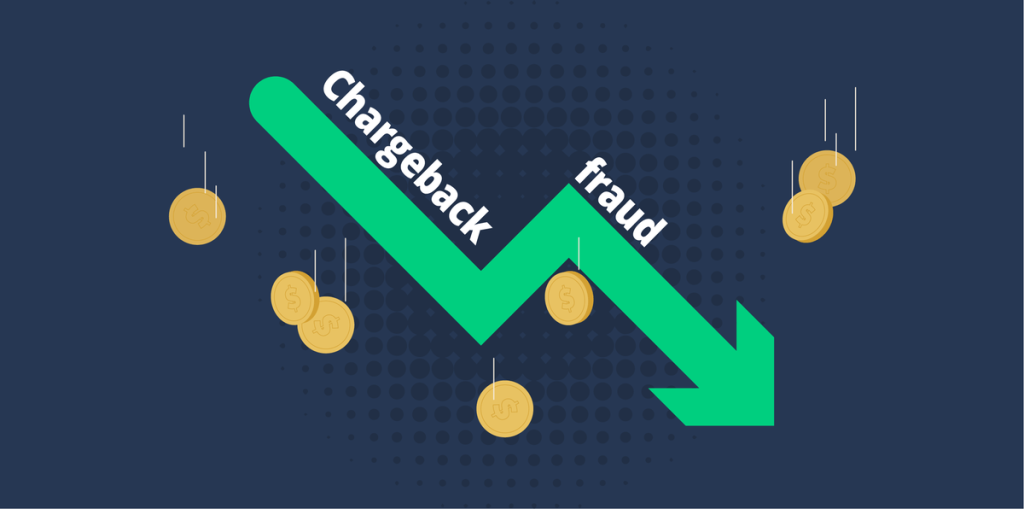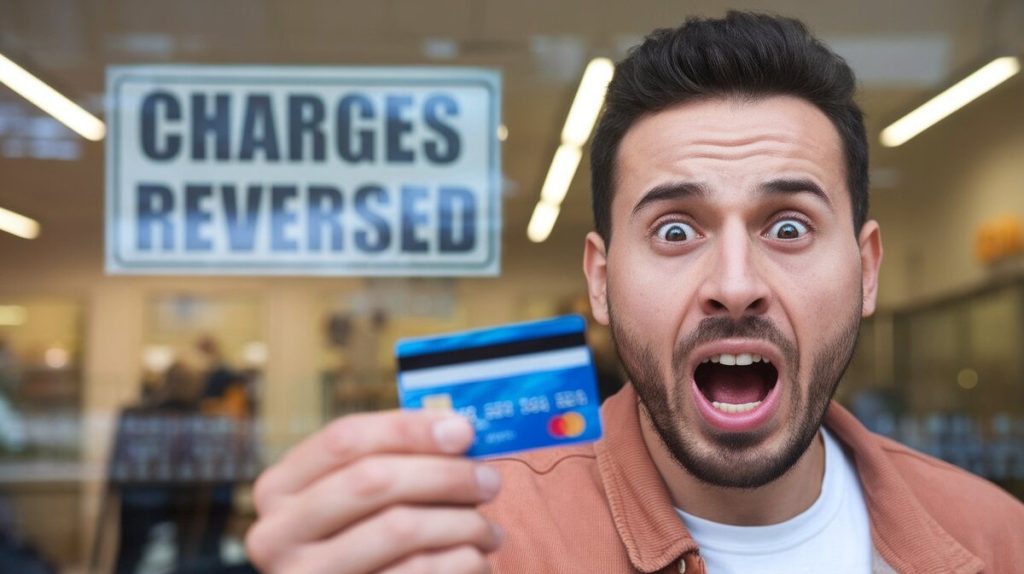Friendly fraud, also known as chargeback fraud, is a significant challenge for online businesses. As eCommerce grows, so does the incidence of fraudulent chargebacks. Current data suggests that over 77% of all chargebacks are due to friendly fraud. This article outlines the key aspects of friendly fraud, its impact on businesses, and strategies to prevent it.
What is Friendly Fraud?
Friendly fraud occurs when a customer disputes a legitimate charge, claiming it was unauthorized. This leads to a chargeback, where the payment is reversed, leaving the merchant without the payment and possibly facing additional fees. Unlike traditional fraud, friendly fraud involves legitimate cardholders who later dispute their own purchases.
Types of Friendly Fraud
- Accidental Friendly Fraud: This occurs when customers forget a purchase or fail to recognize it due to unclear billing descriptors. According to Mastercard, over 30% of chargeback cases result from customers not recognizing the merchant’s name on their statement.
- Deliberate Friendly Fraud: Customers knowingly exploit the chargeback process to obtain a refund while keeping the product or service. This type of fraud is difficult to detect and can lead to significant losses for businesses.
Impact on Business
Friendly fraud can seriously damage a business’s finances and reputation. The Merchant Risk Council reports that businesses lose $2.40 for every $1 lost to friendly fraud. This includes lost merchandise, payment processing fees, and administrative costs related to dispute handling.

Causes of Friendly Fraud
Understanding the causes of friendly fraud helps in developing effective prevention strategies. The main causes include:
- Customer Confusion: Unclear billing descriptors are a major cause of accidental friendly fraud. Businesses often use legal names or third-party payment processors’ names that customers do not recognize.
- Buyer’s Remorse: According to Checkout.com, 15% of chargebacks are due to customers regretting impulsive purchases and choosing to file a chargeback instead of requesting a refund.
- Family Fraud: Family members, especially minors, may make unauthorized purchases using a shared credit card. When the primary cardholder notices these charges, they may dispute them, assuming them to be fraudulent.
Impact on Businesses
Friendly fraud affects businesses through financial losses, reputational damage, and operational challenges.
Financial Losses
The financial toll of friendly fraud is significant. Handling a chargeback involves not only losing the transaction amount but also paying chargeback fees, which range from $20 to $50 per dispute, and covering administrative costs. Mastercard reports that businesses lose approximately $125 billion annually due to friendly fraud chargebacks.
Table 1: Breakdown of Costs Associated with Friendly Fraud
| Cost Type | Average Cost per Incident | Percentage of Total Loss |
|---|---|---|
| Chargeback Fees | $20-$50 | 15% |
| Lost Revenue | Full Transaction Amount | 65% |
| Administrative Costs | $15-$20 | 20% |
Reputational Damage
Frequent chargebacks can damage a business’s reputation, especially if customers perceive the business as unreliable. This can lead to negative reviews, reduced customer trust, and lost sales.
Operational Challenges
Handling chargebacks requires significant time and resources. Businesses must gather evidence, respond to disputes, and manage relationships with payment processors. High chargeback ratios can result in penalties from payment processors, including higher fees or account termination.

Preventive Measures
Preventing friendly fraud involves using technology, educating customers, and implementing operational best practices.
- Clear Billing Descriptions: Use billing descriptors that are clear and recognizable. This can prevent customers from disputing charges they do not recognize. Stripe data shows that 35% of chargebacks could be avoided with clearer billing descriptors.
- Authentication and Verification: Implement strong authentication measures, such as two-factor authentication, to ensure the person making the purchase is authorized. Use fraud detection tools to flag high-risk transactions for further review.
- Customer Education: Educate customers about the chargeback process and encourage them to contact customer service before filing a chargeback. Clear communication about refund policies can also reduce the likelihood of disputes.
- Effective Customer Service: Providing efficient customer service can prevent many cases of friendly fraud. Customers who feel their issues are being addressed are less likely to file chargebacks.
Table 2: Recommended Fraud Prevention Tools
| Tool/Method | Purpose | Effectiveness |
|---|---|---|
| Two-Factor Authentication | Verifies customer identity | High |
| Clear Billing Descriptors | Reduces customer confusion | Medium |
| Chargeback Alerts | Early detection of potential disputes | High |
| Customer Service Training | Improves issue resolution and customer satisfaction | Medium |
Partnering with Merchanto.org
To further protect your business, consider partnering with Merchanto.org, an official partner of VISA and MasterCard in the chargeback prevention sector. Merchanto.org offers tools and services designed to reduce chargebacks and improve dispute management. For more information, visit Merchanto.org.
Handling Chargebacks
When friendly fraud occurs, handling chargebacks efficiently is crucial to minimize losses and protect your business’s reputation.
- Gather Evidence: Collect all relevant documentation, including transaction records, shipping information, and customer communication. This evidence is essential for disputing chargebacks.
- Respond Quickly: Respond to disputes promptly, providing all necessary evidence to the payment processor.
- Use Compelling Evidence 3.0: Visa’s Compelling Evidence 3.0 framework outlines the documentation needed to successfully dispute a chargeback. Merchants must provide two benchmark transactions that demonstrate the cardholder’s history of legitimate purchases, increasing the chances of winning disputes.
Table 3: Key Requirements for Visa’s Compelling Evidence 3.0
| Requirement | Details | Impact |
|---|---|---|
| Benchmark Transactions | Two transactions at least 120 days old | High |
| Documentation of Delivery | Proof of delivery and receipt by the customer | High |
| Customer Communication Records | Logs of all interactions with the customer | Medium |
Conclusion
Friendly fraud is a complex issue that requires a strategic approach. By understanding its causes, implementing preventive measures, and partnering with organizations like Merchanto.org, businesses can protect themselves from the financial and reputational damage caused by chargebacks.
Effective management, clear communication, and the use of fraud prevention tools are key to minimizing the impact of friendly fraud on your business. As eCommerce continues to grow, staying informed and vigilant is essential to maintaining a secure online business.



